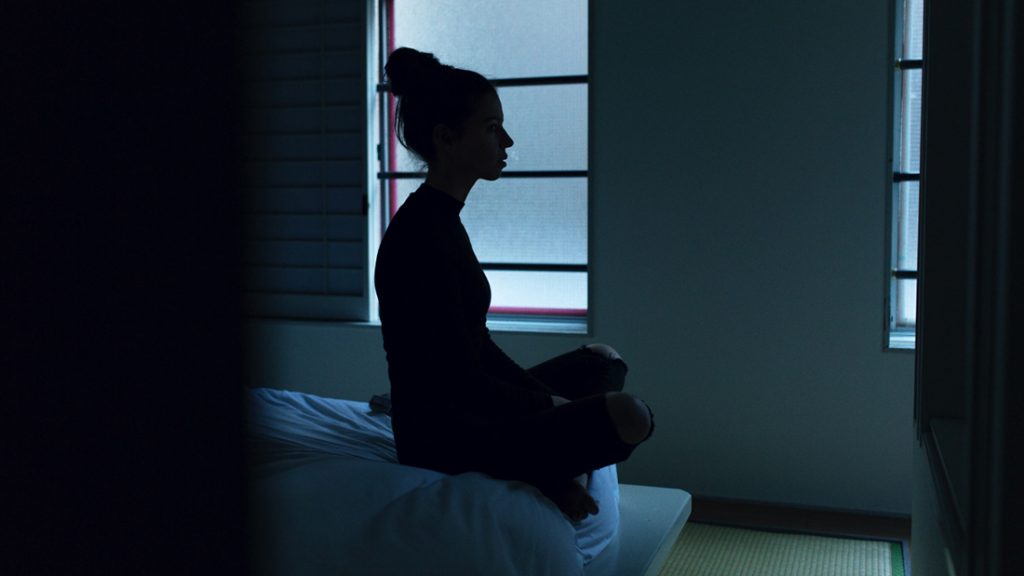
Staring at the wall you reminisce about how a month ago you would have spent this quiet moment getting your workout out or finishing your scrapbook.
While you know the fact that you chose to spend the time staring at a wall instead should be sad you fail to have any emotional reaction to the event.
If you have been in this situation then you may struggle with a common condition- and you are not alone.
It’s easy to think that we are alone in the world when we are feeling alone in our personal lives, but the fact is there is always someone, somewhere who feels the same way…and has overcome it.
Did you know there is even a name for when you slip away from all the things you once loved?
There is a condition of Major Depressive Disorder (MDD) called anhedonia, and it is “the loss of interest in previously rewarding or enjoyable activities,” according to Psychology Today.
And this doesn’t apply to just interests like book club.
Dr. Faith Brynie, PhD., writing for Psychology Today, tells us it can even apply hobbies, friends, work, food, and even marital relations.
Leading research would suggest that anhedonia does not limit a person’s ability to experience pleasure, but that it inhibits the mind from sustaining the feelings of pleasure.
So basically, feeling good for only a second isn’t worth all the effort to get the task done.
Brynie explains the physiology a little more in depth:
“Areas associated with reward and motivation include the nucleus accumbens (or NA, deep inside the “primitive brain”); and higher up, the prefrontal cortex (or PFC, the thin outer layer of the brain behind the forehead). It’s likely that nerve impulses travel in both directions to maintain reward and motivation. That is, “feel good” signals travel upward to the PFC, but nerve fibers from the PFC also send signals down to the NA. Some evidence suggests that, in normal brains, signals traveling downward from the PFC to the NA may sustain interest in a pleasurable activity. If that’s true, then the depressed brain might have trouble using the PFC to sustain NA activity over time.”
What this means for those who can’t seem to get involved in their favorite game of racquetball or Monday afternoon lattes with their bestie is that suffering from anhedonia makes it nearly impossible to draw sustainable joy from pleasant things.
So its not you, just your PFC and NA.
But how do you fix such complex neural pathways?
Knowing what is going on in our brains when anhedonia occurs is half the battle.
This knowledge allows us to develop behavioral therapy specific to altering the PFC to begin activating the NA once again.
While this area of psychology is still new and being perfected everyday, there are some things that you can begin doing today to kick your anhedonia to the curb.
Even if the pleasure feelings are felt short-term, you should continue to engage in the things you love to spur passion in life.
Get into a routine, wake up and go to sleep as closely with the natural rise ad fall of the sun as possible to get adequate, healthy, sleep.
And as tempting as it is, resist the urge to stare at your phone or any screen for hours on end, it only makes anhedonia worse, according to Time.
Make sure to get a balanced diet full of fruits and vegetables to have your mind and body working for you, not against you.
And last but certainly not least, include physical fitness into your daily routine to enhance those feel good hormones and aid in increasing your mental health.
You will once again smile when you get the spontaneous text to ditch your responsibilities and head to the mall for a clearance event with your best shopping buddy.
Tomorrow offers the promise of a new choice and a new state of mind.
